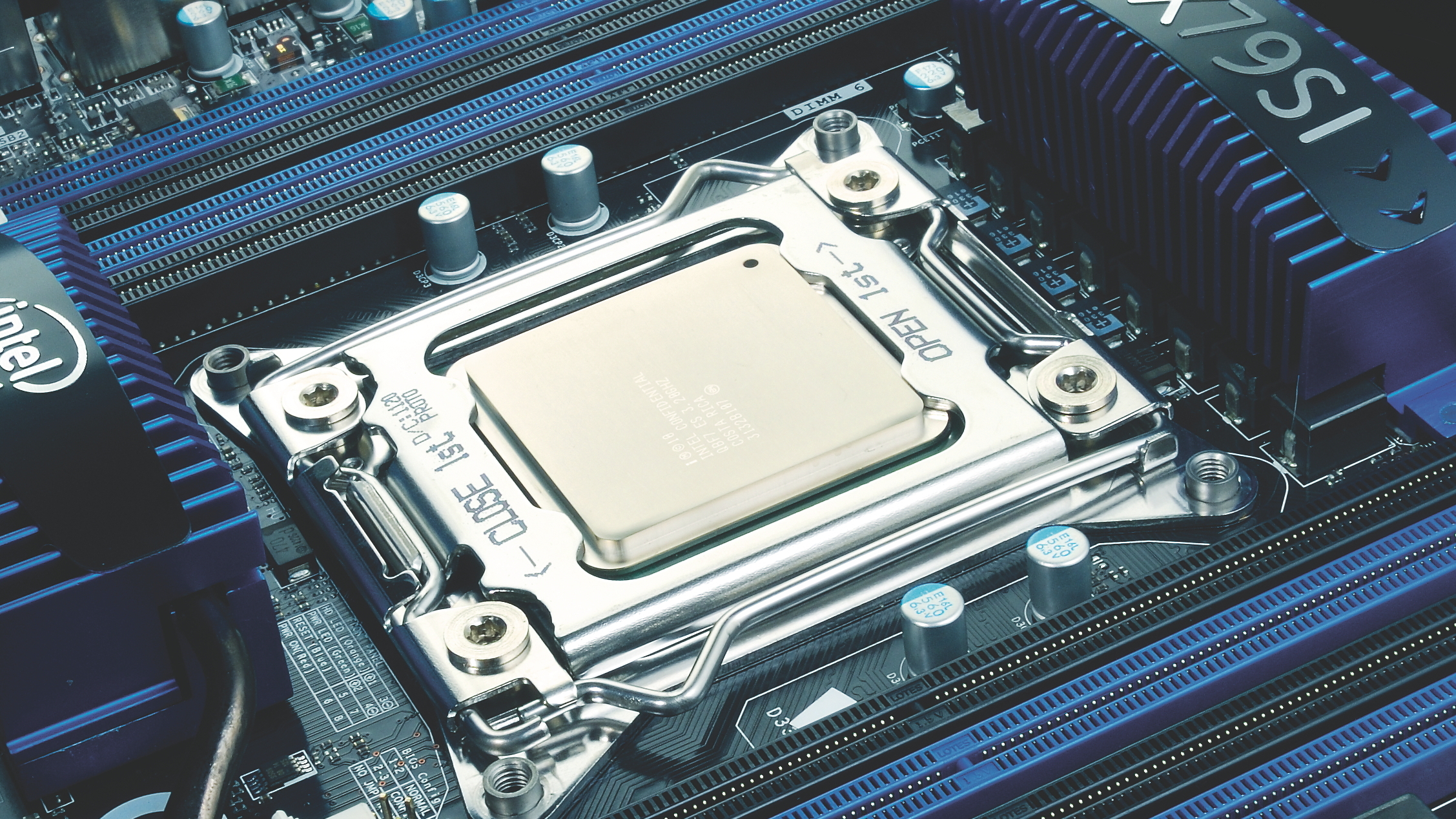Why EA is wrong to claim Xbox One and PS4 are a 'generation' ahead of PC
Don't get technical with us PC guys, EA

Bless you Rajat Taneja, CTO at two-times winner of Worst Company in America, Electronic Arts, you've revived me from the depths of man-flu by filling me with nerd rage.
Yesterday you took to LinkedIn to wax lyrical about your appreciation of the next generation of games consoles from both Sony and your previous employer, Microsoft.
That's fine, I'm OK with that. I appreciate them too. I appreciate the way Microsoft is finally looking to make good on its promise of getting a PC in people's living room.
So they had to call it Xbox One to make it happen, but that's all good. I like Windows 8 and having a simple version running on a low-end PC in a small form factor chassis that will fit under my TV is just grand.
I don't even mind that its all-seeing eye will be measuring my pulse while I struggle to use Skype with a controller.
What I'm not OK with is your assertion that both the PS4 and Xbox One "are a generation ahead of the highest end PC on the market."
I've now distilled that nerd rage down and, having knocked back a couple fingers of good single malt, I feel I can give you the benefit of the doubt.
Sign up for breaking news, reviews, opinion, top tech deals, and more.
It's possible you meant the unified memory architecture of the AMD SoC that's kitting out both the Sony and Microsoft machines is a step ahead of the traditional PC setup which has the GPU and CPU with their own independent and isolated memory. As an elegant, efficient setup it is kind of more advanced than what we currently have on the PC side.
But is also a good deal less powerful. And not as versatile.
PC power
By the time both the new consoles are released Intel's Haswell will have been on the market for around half a year, with its own take on unifying CPU and GPU memory in the form of its InstantAccess API extension.
We'll also have the Kaveri APU, representing the Heterogeneous System Architecture (HSA), from AMD launched by then too. And that houses far more powerful CPU cores than the PS4 or Xbox One could ever dream of.
Sadly for you, though, the benefit of the doubt can be pretty much ignored given the fact you started out talking about "the raw horsepower of the platform."
In bold type, no less. As if to highlight your terrible wrongness.
Jeremy's already checked out the kitten-weak Jaguar cores which are set to make up the beating heart of the new consoles, and they offer somewhere in the region of half the computational performance of AMD's already pretty torpid FX CPUs. Compared to a quad-core i7 from Intel's soon-to-be-replaced Ivy Bridge series it's about six times slower.
And the graphics? Well, they're both using current generation AMD GPUs, though in a custom design with 12 GCN compute units in the Xbox and 18 in the PlayStation. And the top AMD GPU for PC? Well, I'm glad you asked, Mr. Taneja, the Tahiti XT GPU has 32. Thirty-two.
Is there any point me bringing Nvidia's GTX Titan, with its GK 110 GPU and 4.5 TFLOPS of compute power, into this argument? When the top GPU in the next-gen consoles can only just about top 1.8 TFLOPS, probably not.
Now I don't really want to get in a willy waving contest with the CTO of EA, but the test rig I've been using lately has an eight core CPU in it - I know, your limp 'next-gen' APU has eight cores too - but with a full sixteen threads of processing power.
Running at a max turbo of 3.8GHz.
With three GTX Titans strapped into it too.
Please don't try telling us that your mid-to-low-end PCs masquerading as next-gen consoles have more "raw horsepower" than a top-end PC, because you're just making yourself sound plain silly.
On the other hand if you're trying to tell us you guys are trying to make the PC look a generation behind by using cheap, cynical marketing tricks on us PC gamers then we can all understand those underhand moves. And you might just make it a hat-trick of Worst Company wins too.